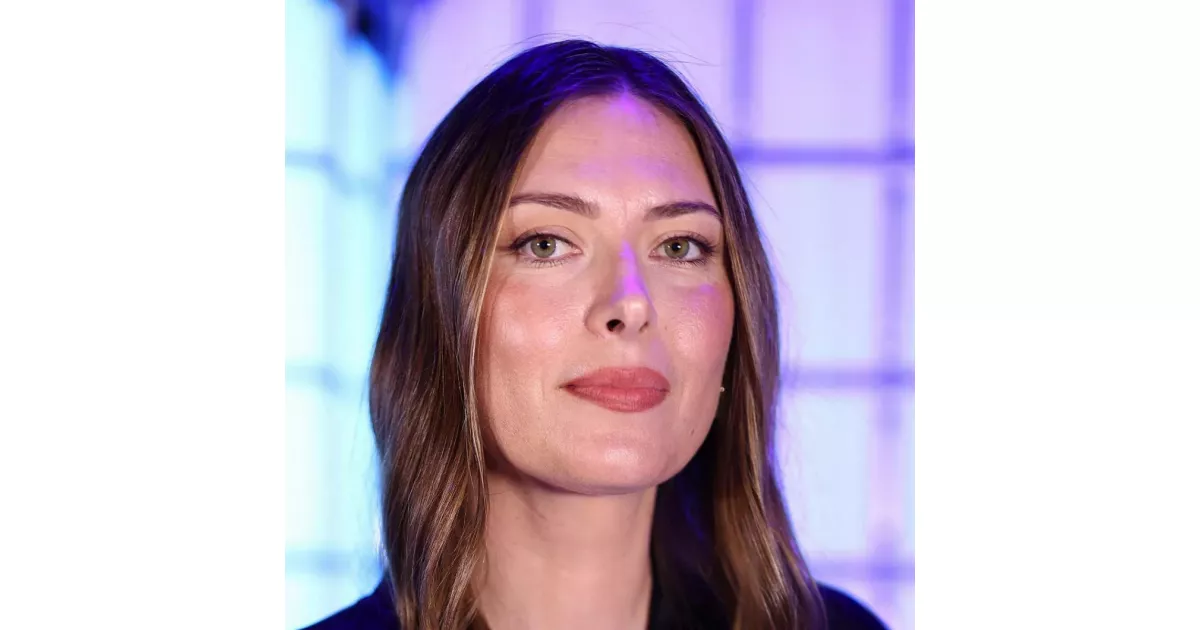Public opinion and media debates around Maria Sharapova—discover key moments of controversy.
Maria Sharapova is a retired Russian professional tennis player. She achieved the world No. 1 ranking by the WTA for 21 weeks and secured 36 WTA Tour-level singles titles. A defining aspect of her career is her accomplishment of winning five major titles and the 2004 WTA Tour Championships. Notably, she is one of only ten women to have completed a career Grand Slam in singles, marking her as a significant figure in tennis history.
2004: Criticism of Sharapova's Father
In 2004, Anastasia Myskina criticized Sharapova's father for his behavior during the WTA Tour Championships. Myskina threatened to stop playing for Russia if Sharapova joined the Fed Cup team. Others echoed the criticism, though the Russian captain downplayed the issue.
2008: Attendance at Fed Cup Final
In 2008, Sharapova attended the Fed Cup final, cheering from the sidelines. However, she acted as a "hitting partner" in practices, leading to speculation she was only attending to enable her to play at the 2008 Beijing Olympics.
January 2016: Failed Drug Test at the 2016 Australian Open
In January 2016, Maria Sharapova failed a drug test at the Australian Open after testing positive for meldonium, a substance newly banned by WADA. This led to her provisional suspension from competitive tennis.
January 2016: Meldonium Added to Banned Substances List
In January 2016, meldonium, a drug Sharapova had been taking, was added to the World Anti-Doping Agency (WADA)'s list of banned substances. Sharapova later tested positive for the drug at the 2016 Australian Open.
March 2016: Denial of Missed Warnings
In March 2016, Sharapova denied reports that she had missed five warnings about meldonium being added to the banned substances list. She communicated this denial via Facebook.
March 2016: Failed Drug Test Announcement
On 7 March 2016, Sharapova revealed that she had failed a drug test at the 2016 Australian Open due to testing positive for meldonium. She was provisionally suspended by the International Tennis Federation (ITF) effective from 12 March 2016.
June 2016: Two-Year Suspension
On June 8, 2016, Maria Sharapova was suspended from playing tennis for two years by the International Tennis Federation (ITF) due to the failed drug test.
September 2016: CAS Ruling on Sharapova's Suspension
Following hearings on 7 and 8 September 2016, the Court of Arbitration for Sport (CAS) panel found that Sharapova had a reduced perception of risk while using Mildronate. This was based on her long-term use without anti-doping issues, openness about its use, consultation with the prescribing doctor, and lack of specific warnings. However, CAS also noted her failure to disclose meldonium use on doping control forms and her agent's failure to properly check the Prohibited List.
October 2016: Reduction of Sharapova's Ban in October 2016
In October 2016, Maria Sharapova's ban was reduced from 24 months to 15 months, starting from January 26, 2016, which was the date of her failed drug test.
October 2016: Suspension Reduced to 15 Months
On October 4, 2016, Maria Sharapova's suspension was reduced to 15 months, retroactive to the date of the failed test, by the Court of Arbitration for Sport.
2016: Explanation of Failed Drug Test
In 2016, Sharapova explained that she had been taking a medicine called mildronate, also known as meldonium, for ten years for health issues, prescribed in 2006. She claimed she was unaware that meldonium had been added to WADA's banned list on January 1, 2016.
2016: Reactions to Sharapova's Announcement
In 2016, fellow tennis players reacted to Sharapova's announcement of failing a drug test with mixed reactions. Some, like John McEnroe and Pat Cash, were skeptical, while others, like Serena Williams, commended her for being upfront. Roger Federer, Rafael Nadal, and Andy Murray publicly condemned her, arguing for punishment. Novak Djokovic expressed sympathy but acknowledged the need for punishment. The Russian Tennis Federation defended Sharapova.
Mentioned in this timeline

Basketball is a team sport played on a rectangular court...
Ukraine is a country in Eastern Europe the second-largest on...
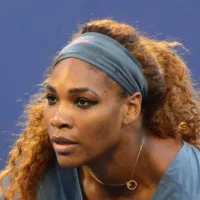
Serena Williams is a retired American professional tennis player widely...
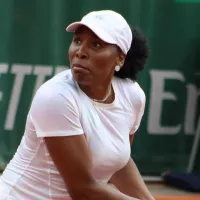
Venus Williams is a highly accomplished American professional tennis player...
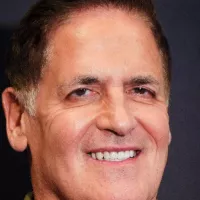
Mark Cuban is an accomplished American businessman television personality and...

Sony is a Japanese multinational conglomerate based in Tokyo Its...
Trending
8 minutes ago Molly Ringwald joins Yellowjackets' final season, adding to the show's legendary cast.

8 minutes ago Nuggets' Adelman evaluates team; Gordon's injury sidelines him against OKC.
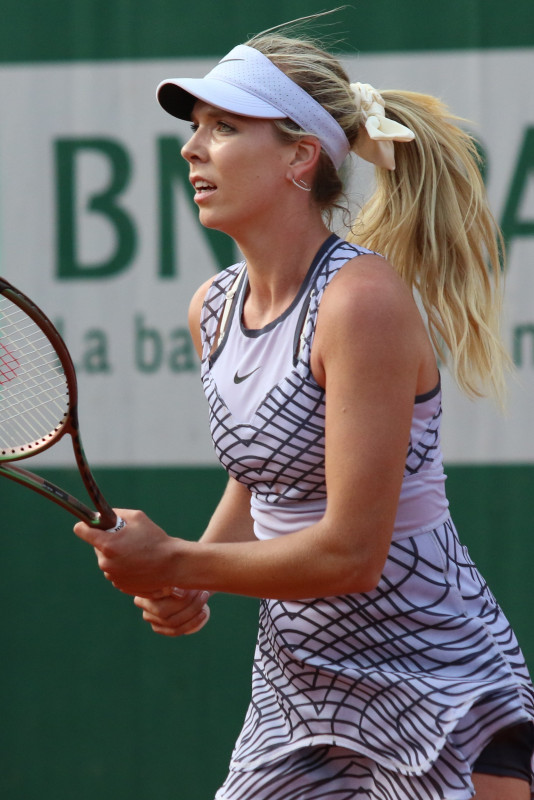
8 minutes ago Katie Boulter faces Jasmine Paolini in WTA Merida Quarterfinals; Hon Prediction

5 months ago Shonda Rhimes Shocked by 'Grey's Anatomy' Deaths, Compares Episodes to 'Snuff Film'

9 minutes ago Christian Horner's Red Bull F1 Exit: Verstappen's Camp Uninvolved, 'Drive to Survive' Reveals Drama
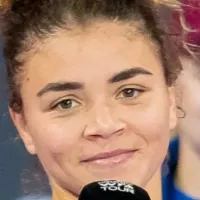
9 minutes ago Zhang defeats Navarro; Paolini trending amid WTA Sunshine Swing struggles for Americans.
Popular

Jesse Jackson is an American civil rights activist politician and...

XXXTentacion born Jahseh Dwayne Ricardo Onfroy was a controversial yet...

Michael Joseph Jackson the King of Pop was a highly...

Hillary Diane Rodham Clinton is a prominent American politician lawyer...

Susan Rice is an American diplomat and public official prominent...

Barack Obama the th U S President - was the...
